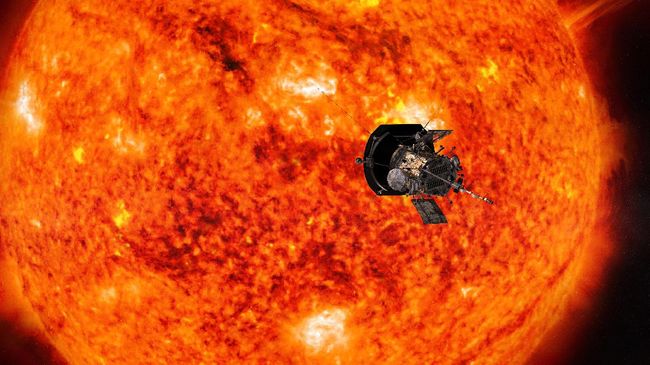Jakarta, CNBC Indonesia – A scientist from the University of California Irvine, Sangeetha Jyothi reveals the threat of an internet apocalypse. This is due to rare solar storm events.
According to him, this has an impact on the internet’s underwater cable which will be disrupted. Because underwater cables use repeaters as a way of amplifying signals for long distances.
Unfortunately, repeaters are prone to electrical interference. If one of them didn’t work, it could theoretically collapse the entire underwater route.
Sangeetha Jyothi made her own modeling, and it is estimated that this could happen in the next 20 to 25 years. He added that a rare solar storm could shut down parts of the global internet infrastructure.
Not only that, according to him, it can also cause blackouts that last for months, quoted by Digital Trends, Tuesday (30/11/2021). The Digital Trends report reveals the catastrophe has only a 1.6% to 12% chance per decade.
The year 1921 was referred to as a significant solar storm. The so-called New York Railroad superstorm caused an electric fuse to explode and the railroad and underwater telegraph systems went out.
The incident at that time had only a small impact because there was no modern technology. But if it happened today, scientists predict it could leave 20-40 million people without electricity for up to two years, and the affected economy in the trillions of dollars.
Meanwhile, a solar storm also occurred in 2003 with an intensity lower than 1921 and caused the Japanese space program to collapse. In 1967 even that incident almost sparked a nuclear war, because the US believed Russia was interfering with its missile detection system.
But the prediction of an internet apocalypse was refuted by a professor of computer science at the Georgia Institute of Technology, Umkishore Ramchandran. Because the internet is built for durability and if a repeater fails, the web is able to reroute traffic through a different route that is still operating.
According to him it is likely to have an impact on internet speed. Because there is a spike in usage, but it won’t be a disaster.
“There is enough redundancy at the core of the network,” he said. “Such failures are recognized at higher levels of the network stack to reroute flows around failed routes.”
(npb/roy)
– .


